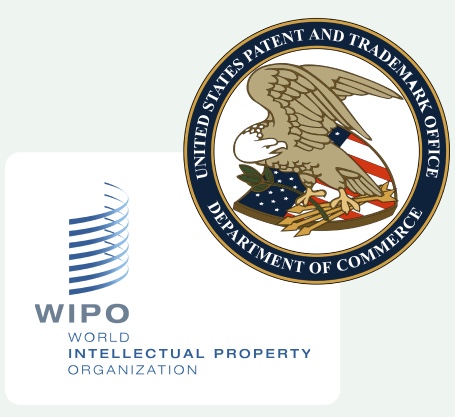The paper presents the definition of the design pattern language of Smart Cities in the form of an ontology. Since the implementation of a Smart City system is difficult, expensive and closely linked with the problems concerning a given city, the knowledge acquired during a single implementation is extremely valuable. The language we defined supports the management of such knowledge as it allows for the expression of a solution which, based on best practices recorded in the form of design patterns, is also tailored to the requirements of the city seeking to implement the Smart City solution. The formal/ontological structure of the language in turn allows the automatic management of the properties of a solution recorded in this way. This final feature of the introduced language is extremely important in the decision-making process regarding the choice of a particular solution by the relevant authorities.
The work is divided into five main parts. In the first part we discuss the implementation issue of the integration bus using the example of the IOC. In the next part we talk about the validity of using semantic technologies in order to expand the spectrum of potential implementations. Then we discuss the ontological implementation of the Smart City pattern language which we created, a language which allows for both the saving of requirements and the validation of solutions specified in it. We also present an example of usage, which at the same time serves as a validation of the language in real-life conditions. In the last part we discuss certain aspects of the pattern language and the possible ways to develop research related to it.
Cezary Orłowski, Artur Ziółkowski, Aleksander Orłowski, Paweł Kapłański, Tomasz Sitek, Witold Pokrzywnicki



